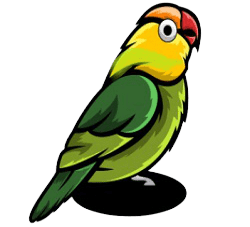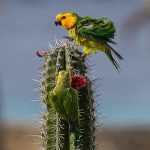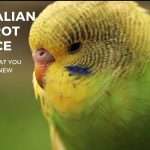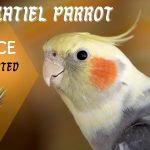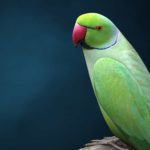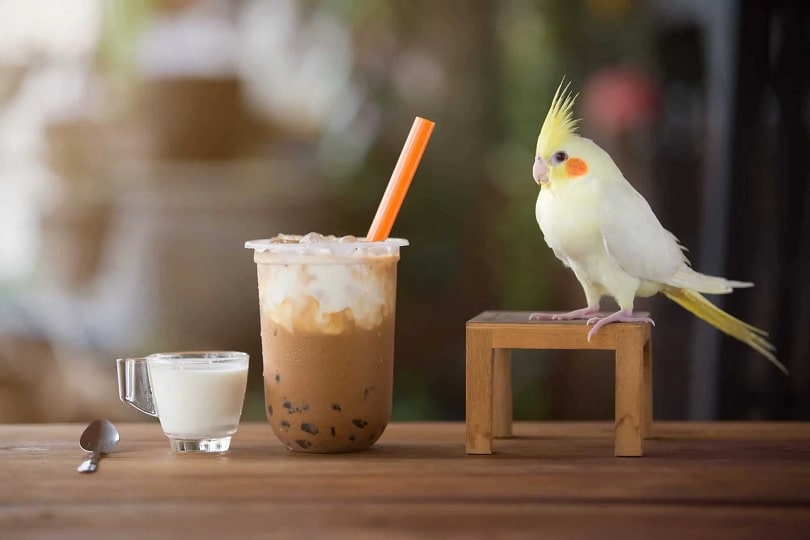
Parrots are fascinating and intelligent creatures known for their diverse dietary preferences.
Can Parrot Drink Milk?
When it comes to the question, “Can parrots drink milk?” there are a few important factors to consider. Let’s delve into the topic in more detail:
- Parrot Digestive System: Parrots have a unique digestive system that is specifically adapted to process a varied diet consisting primarily of fruits, seeds, nuts, and vegetables. Unlike mammals, parrots lack the necessary enzymes, such as lactase, to efficiently break down lactose, the sugar found in milk.
- Lactose Intolerance in Parrots: Due to their inability to digest lactose properly, parrots can experience digestive discomfort and gastrointestinal issues if they consume milk or other dairy products. These can include symptoms such as bloating, diarrhea, and flatulence.
- Importance of Calcium in a Parrot’s Diet: Calcium is an essential mineral for the overall health and well-being of parrots. While milk is often associated with calcium, it’s important to note that parrots can obtain sufficient calcium from other sources, such as leafy greens, fortified pellets, and certain types of seeds.
- Water as the Primary Fluid: Water is the most important fluid for parrots to stay hydrated and maintain their overall health. Parrots should have access to fresh, clean water at all times. It is crucial to ensure that their water source is changed regularly and free from contaminants.
- Alternative Fluids for Parrots: If you are looking for alternative fluids to provide hydration to your parrot, you can offer them fresh fruits and vegetables that have high water content, such as cucumbers or watermelon. Additionally, misting or spraying your parrot with water can provide a fun and refreshing way for them to stay hydrated.
In summary, while parrots may be curious about milk, it is generally not recommended to offer them milk or other dairy products due to their lactose intolerance. Instead, focus on providing them with a balanced diet that includes a variety of fruits, vegetables, seeds, and pellets, along with access to fresh water for proper hydration. As always, consulting with a avian veterinarian can provide tailored advice for your specific parrot’s nutritional needs.
Points to Remember
- Parrots have a unique digestive system that is not adapted to process lactose, the sugar found in milk.
- Parrots can experience digestive discomfort and gastrointestinal issues if they consume milk or other dairy products.
- Calcium, an essential mineral for parrots, can be obtained from sources other than milk, such as leafy greens and fortified pellets.
- Water is the primary fluid that parrots need to stay hydrated and maintain their overall health.
- Alternative fluids for parrots include offering fresh fruits and vegetables with high water content or misting/spraying them with water for hydration.

Bird Enthusiast
Masters in Counseling & Data Sciences
University of Maryland
Professional Parrots, Pigeons Breeder and Keeper
